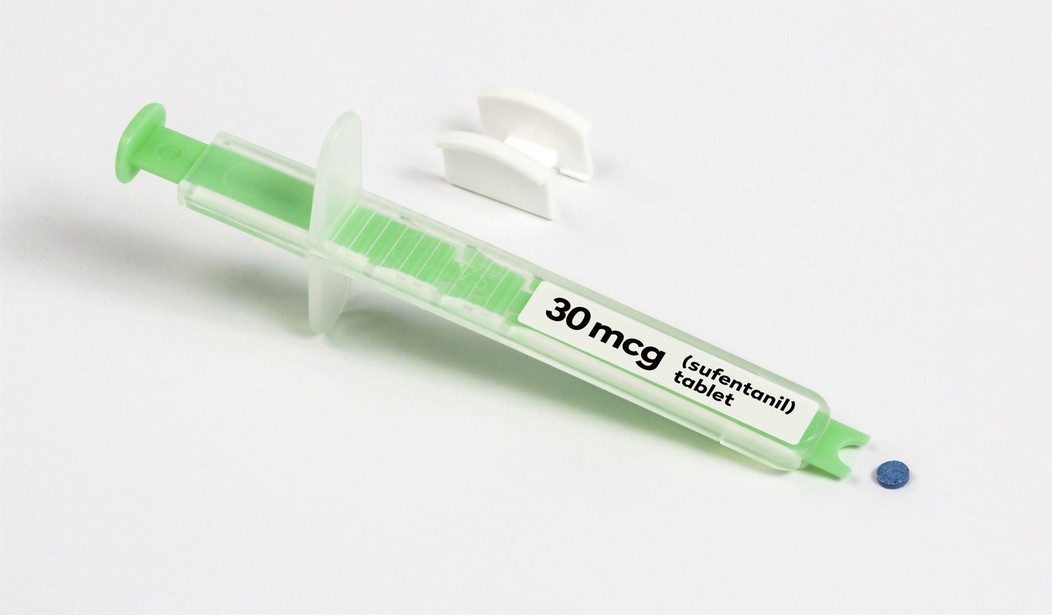Here’s an interesting one for you. New research suggests that the opioid epidemic in the United States has led to a significant increase in Republican vote share and conservatism since the mid-1990s.
Economists Carolina Artega and Victoria Barone found that areas with higher cancer mortality rates, which served as a proxy for exposure to opioid advertisements, experienced a 13.8 percentage point increase in Republican vote share in House of Representatives races from 1996 to 2020.
The study highlights the impact of the opioid crisis on political attitudes and suggests that times of distress may lead to greater support for conservative ideas and anti-establishment political figures:
The opioid epidemic in the United States has contributed to a significant increase in Republican vote share and increasing conservatism since the mid-1990s, according to new research from two economists trained at the University of California, Los Angeles.
Carolina Artega, an assistant professor of economics at the University of Toronto, and Victoria Barone, an assistant professor of economics at Notre Dame, published the results in a working paper on July 17 and were surprised by the strength of their findings.
“The opioid epidemic is not something that is seen as partisan…even though there are different responses to [it from both parties]” Artega told the Washington Examiner.
Artega and Barone utilized cancer mortality rates per county as a proxy measurement for exposure to opioid advertisements for OxyContin in 1996 when Purdue Pharma changed its marketing strategy for its opioid products toward nonterminal pain management.
From then to 2020, Republican vote share in House of Representatives races in the counties with higher cancer mortality and higher prescription opioid mortality increased by 13.8 percentage points.
“These increases initially did not come from swing districts, and it took several terms in order for these incremental gains to flip election outcomes,” wrote the authors in their paper. “We estimate that by 2012, exposure to the opioid epidemic translated into a higher number of seats in house elections for the Republican Party.”
The report noted that during this time period, ideological views shifted on a variety of issues and that people “supported more conservative positions on immigration, abortion, and gun control.”
The economists’ findings are quite noteworthy. But they raise a question: Why would the opioid crisis influence people’s political beliefs and swing them in a conservative direction?
One possible explanation for the connection between the opioid crisis and conservative voting lies in the economic anxiety and decline of many affected communities. Opioid-ravaged regions often witness a loss of manufacturing jobs, economic stagnation, and a sense of hopelessness. In such environments, individuals may gravitate towards conservative ideologies that promise economic stability, a focus on law and order, and preserving traditional values.
The opioid epidemic’s devastating effects have led many affected individuals to perceive a lack of support and empathy from the political establishment. Feeling ignored and abandoned by mainstream politicians, some may turn to conservative candidates who promise to disrupt the status quo and “drain the swamp.”
The rise of anti-establishment sentiments and the appeal of populist politicians may resonate deeply with communities struggling in the grip of the opioid crisis. Indeed, one of former President Donald Trump’s most effective strategies was speaking directly to those who felt their concerns were being ignored. Like any good populist, he essentially acted as their voice on the national stage.
The opioid crisis has not only caused widespread health issues but has also contributed to cultural changes and social fragmentation. Communities facing this epidemic may experience a breakdown in the social fabric, leading to increased feelings of exclusion and alienation. In response, some individuals may seek conservative policies that promise to uphold traditional values and social norms, providing a sense of stability and order in uncertain times.
The opioid crisis has, unfortunately, also given rise to drug-related crime and a perception of increased insecurity in affected areas. In the face of this growing lawlessness, conservative politicians advocating for tough-on-crime policies and stronger border control may appear as viable solutions to address the concerns of distressed communities.
On the other hand, Democrats have been appropriately labeled as “soft on crime” and have been supporting local officials who prefer to protect criminals over civilians. Consequently, some voters might lean towards conservative candidates who emphasize the importance of law and order.
It’s important to note that this speculative analysis doesn’t imply a direct cause-and-effect relationship between the opioid crisis and conservative voting. Many factors contribute to political preferences, and individual decisions are influenced by a multitude of personal, social, and economic factors.
Still, the study’s findings are quite revelatory. Folks whose communities were ravaged by opioid abuse felt the Democrats were ignoring them, so they gravitated toward the right. There has to be a lesson for Republicans in here somewhere, right?













